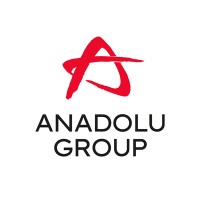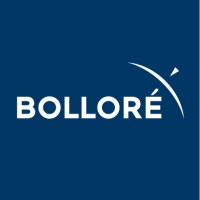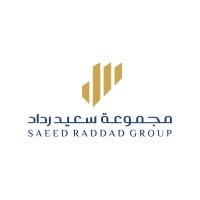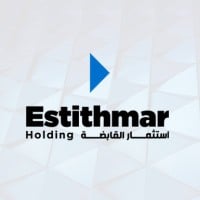Company Cyber Security Posture
NANA
NA Company Details
NA
NA
NA
NA
NA
NA
Scan still pending
NA
NA
Between 200 and 800
This score is AI-generated and less favored by cyber insurers, who prefer the TPRM score.
 NA Global Score
NA Global Score.png)

Company Scoring based on AI Models
| Model Name | Date | Description | Current Score Difference | Score |
|---|---|---|---|---|
| AVERAGE-Industry | 03-12-2025 | This score represents the average cybersecurity rating of companies already scanned within the same industry. It provides a benchmark to compare an individual company's security posture against its industry peers. | N/A | Between 200 and 800 |
Company Cyber Security News & History
| Entity | Type | Severity | Impact | Seen | Url ID | Details | View |
|---|
Company Subsidiaries

NA
Access Data Using Our API

Get company history
.png)
NA Cyber Security News
Turkish Foreign Ministry turns into intelligence hub, monitors staff’s personal messages
The name of the domestically developed application, Chat-in, comes from its developer's name, Çetin, and is pronounced “Chat-in” in Turkish. The ...

NA Similar Companies

Anadolu Group
Anadolu Group operates with the vision of being “The star that links Anatolia to the world and the world to Anatolia” and maintains its activities in 8 industries (beer, soft drink, retail, agriculture, automotive, stationery, energy and health) and in 20 countries with more than 80 companies, more

Bolloré
Le Groupe Bolloré, qui a fêté ses deux cents ans d’histoire en 2022, est contrôlé majoritairement par la famille Bolloré. La stabilité de son actionnariat lui permet de mener une politique d’investissement à long terme. Depuis son origine, le Groupe continue de se démarquer grâce à sa capacité d’ada

SRG
Saeed Raddad Group (SRG) has had an influential and substantial presence in the commercial and business life of Saudi Arabia since 1982 with manpower of more than 34,000 employees. SRG companies operate in diversified business sectors having significant local & international operations. SRG is an in

Koç Holding
Koç Holding is Turkey’s leading investment holding company and Koç Group is Turkey's largest industrial and services group in terms of revenues, exports, number of employees, taxes paid and market capitalization on Borsa Istanbul. Being the only Turkish company to be ranked in Fortune Global 500 Lis

Estithmar Holding
Estithmar Holding is a Qatari public listed company with a diverse portfolio of 51 companies operating in 4 strategic sectors. The company has a strong track record of growth and profitability, and is well-governed with a lean, optimized team that delivers quality in record time. With 91 nationaliti

Godrej Industries Group
Godrej was founded in 1897 by Ardeshir Godrej to help build India’s economic independence. A significant portion of our profits from our innovations was donated to India’s freedom movement. During the Spanish Flu pandemic of 1918, we made the first soap from vegetable oil with no animal fat. In

Frequently Asked Questions
Explore insights on cybersecurity incidents, risk posture, and Rankiteo's assessments.
NA CyberSecurity History Information
How many cyber incidents has NA faced?
Total Incidents: According to Rankiteo, NA has faced 0 incidents in the past.
What types of cybersecurity incidents have occurred at NA?
Incident Types: The types of cybersecurity incidents that have occurred include .
Additional Questions
What Do We Measure?
















Every week, Rankiteo analyzes billions of signals to give organizations a sharper, faster view of emerging risks. With deeper, more actionable intelligence at their fingertips, security teams can outpace threat actors, respond instantly to Zero-Day attacks, and dramatically shrink their risk exposure window.
These are some of the factors we use to calculate the overall score:
Identify exposed access points, detect misconfigured SSL certificates, and uncover vulnerabilities across the network infrastructure.
Gain visibility into the software components used within an organization to detect vulnerabilities, manage risk, and ensure supply chain security.
Monitor and manage all IT assets and their configurations to ensure accurate, real-time visibility across the company's technology environment.
Leverage real-time insights on active threats, malware campaigns, and emerging vulnerabilities to proactively defend against evolving cyberattacks.




